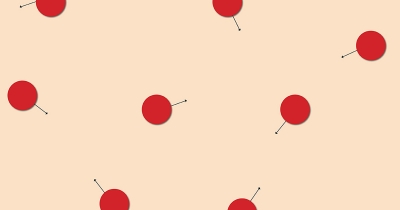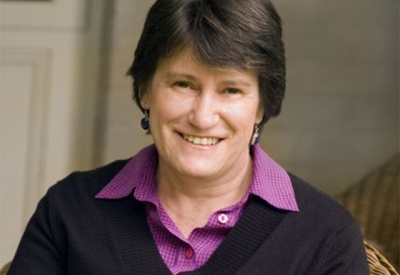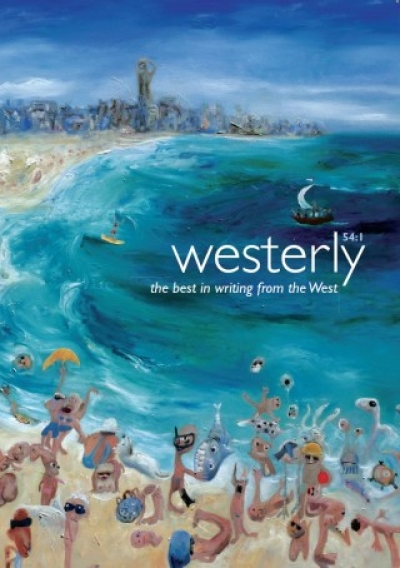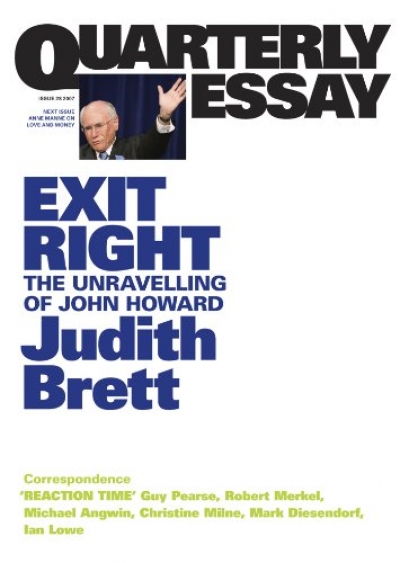Classics
The Trojan Horse and Other Stories: Ten ancient creatures that make us human by Julia Kindt
The gods of the Greeks are uniquely anthropomorphic; they are not only imagined with human bodies but with thoughts and feelings largely similar to our own, except for the fact that they cannot grow old or die, and are thus spared the greatest part of human pain and suffering. They can feel anger at the misbehaviour, or pity for the fate, of mortals, as when Zeus sees that his beloved son Sarpedon is about to be slain (Iliad 16.431 ff.), but compared to us, they ‘live at ease’ (Odyssey 5.122 and elsewhere).






























